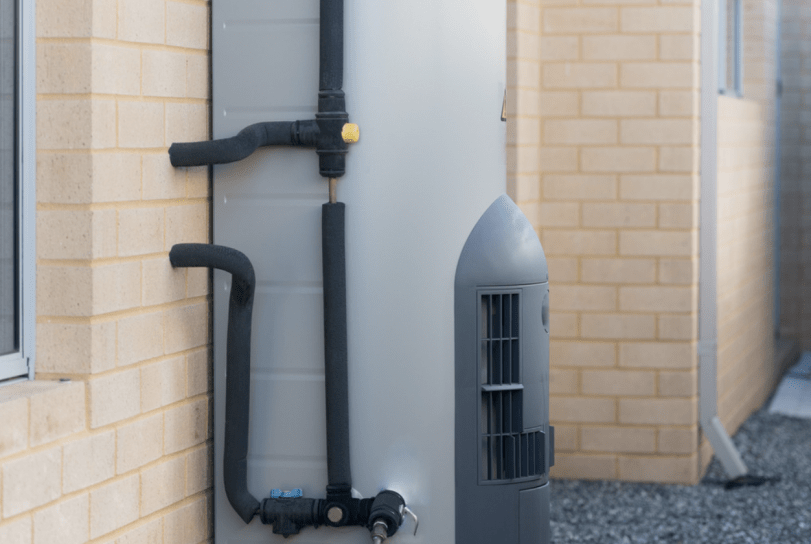If your hot water is not working… don’t stress! our local plumbers are here to help!
Have you experienced going home after a hard day’s work and wanting to have a hot shower? You’re not alone as losing hot water is quite common among homeowners in Melbourne. Finding out that there’s no hot water can be frustrating to anyone.
Most people allow their emotions, specifically anger, to get the best of them. There’s no need to be too emotional though. The reasons why you don’t have hot water may be simple and easy to solve. The solutions to solve the issues are not that difficult either that you can do or potentially try fixing them yourself, however, for problems that you really can’t resolve, it’s best to call an emergency plumber in Melbourne.
Listed below are common reasons why your hot water isn’t working and we’ve added some simple DIY methods to solve such problems.
5 Common Reasons Why Your Hot Water is Not Working
Leaking Tank/Pipes/Faucets
Leaking of your water tank, pipes, and faucets happen all the time. There will be no water to heat up when there are leaks from these areas. You’ll know if there’s a leak when there’s no water in your tank or you see water in places it shouldn’t be at.
Check the connections. Start from the tank itself going to the pipes and the entire water supply line. Inspect the connection between the water tank and the appliance. Find where the leak is. This kind of problem may be a simple one or a very complex one.
Broken Dip Tube
The dip tube is a pipe inside the water heater and functions as a guide that directs the incoming cold water to the bottom of the tank to be heated. A crack or leak on the dip tube will lead to the leaking of cold water before it reaches the bottom of the tank. This will result in lukewarm or cold water coming out of your showers.
Mineral and Sediment Deposits
It is unavoidable that minerals and sediments will accumulate in your water tank. This is true especially when you have hard water in your area. Hard water is particularly rich in minerals like magnesium and calcium. Over time, these minerals settle on the bottom of the tank.
The accumulation of these minerals and sediments is the culprit whenever you experience very slow heating. The water you get after hours of heating will be lukewarm instead. Your best solution for this is to clean the tank, remove the sediments, and use a water softener.
Broken Heating Element
Heating elements are found in electric water heaters. They come in pairs and when one gets damaged, the other will compensate and work harder until it gives up. You’ll notice if your heating element is broken when the water remains lukewarm or the hot water is short-lived.
Broken Gas Valve
A water heater’s lifespan is about 10 years. Beyond that, various problems will start to pop up. The gas valve is one of the most common parts that get damaged. You’ll know if there’s a leak coming from your gas valve when there’s an unpleasant odour around the device. That’s the gas you’re smelling.
This type of problem is dangerous. You need to turn off the device then call for professional help.
DIY Tips to Fix your Hot Water Problem
There are a few DIY tips that you can perform before asking for a professional plumber’s help. Follow the steps below and see if you can fix the problem by yourself.
Identify the Type of Water System You Have
The three most common types of water heater systems used in residential structures are gas-powered, tankless and electrical water heater systems.
There are different DIY approaches required based on the type of water system and the specific problem you have. You can check below which problems you have and perform the applicable steps to resolve your issue.
For Gas Heaters
- Check if the pilot light is turned on. If the flame is out. Read the manufacturer’s manual on how to relight the heater.
- If the water heating system doesn’t have a pilot light, do the following instead:
- Turn the regulator off for 5 minutes to allow the gas to dissipate.
- Turn the pilot switch on. The pilot light should be ignited.
- If you still have trouble lighting the pilot light, there must be a gas leak somewhere. Turn off the gas valve and call a professional plumber.
For Electric Heaters
- The most common cause of problems for electric heaters is a tripped circuit. Locate where your electrical panel is then check whether the switch is turned on or off. Try to reset the breaker. If it trips again, this could be an electrical problem.
- When you see water inside the electrical compartment, this indicates a bigger problem. There must be a leak in your tank. You should keep water away from the thermostat as it can lead to a short. Replace the leaking parts before trying to use the water heater again.
Call the Best Plumbers in Melbourne
If all of the interventions above don’t work, it may be time to call the best local plumbers in Melbourne.
Let the professionals work on the risky and dangerous water heater problems. It’s time to get that hot water running again.

